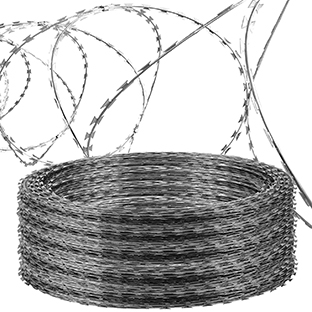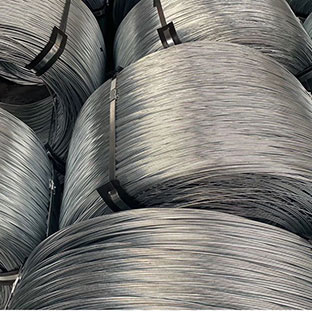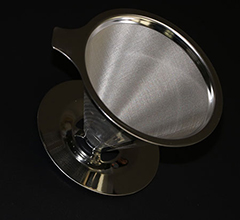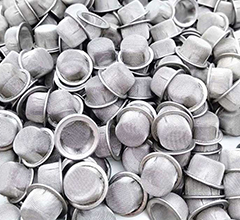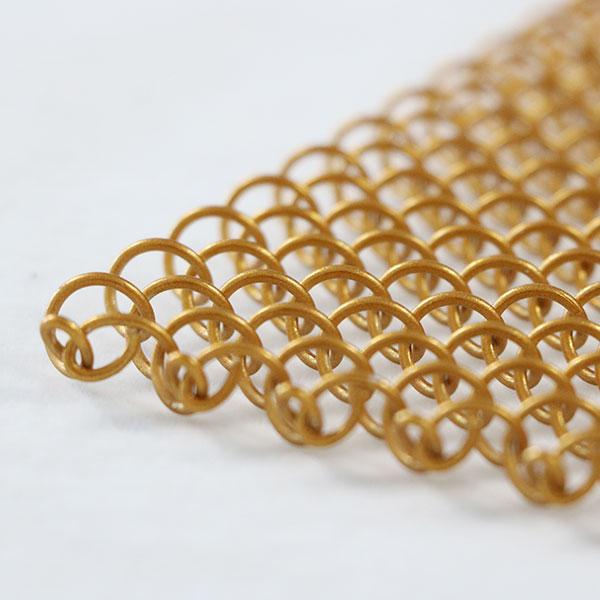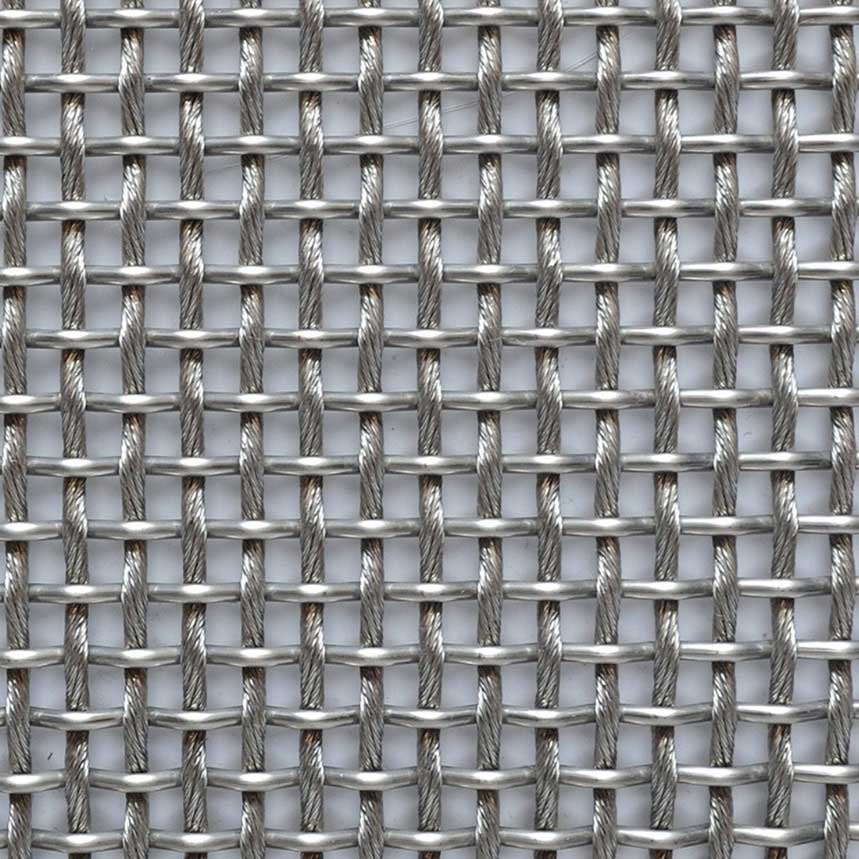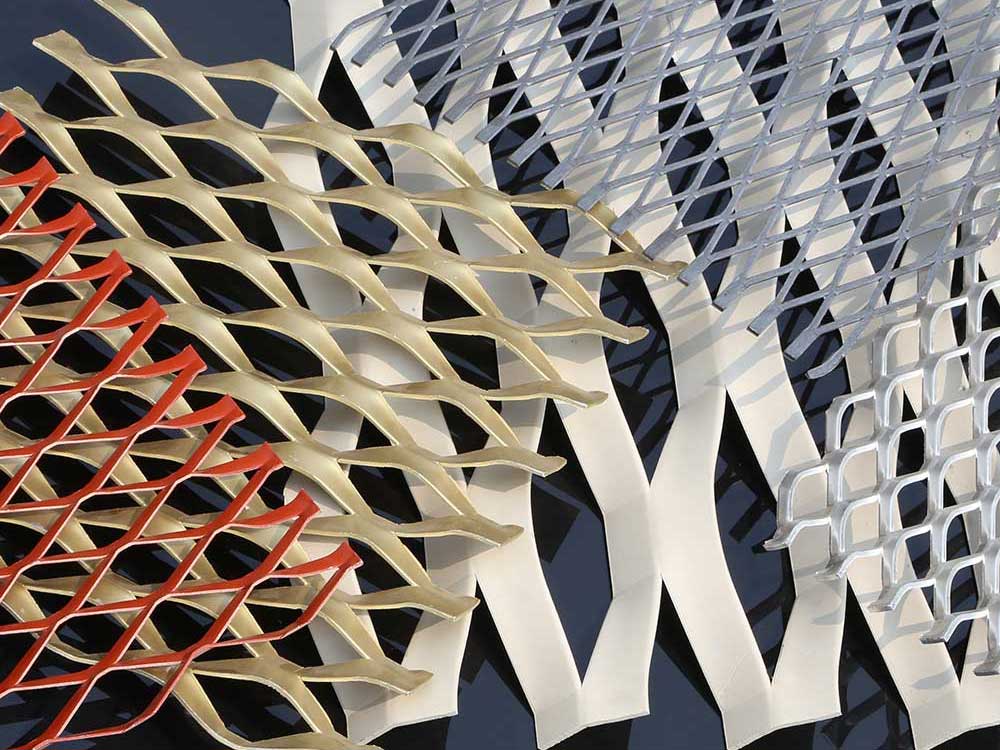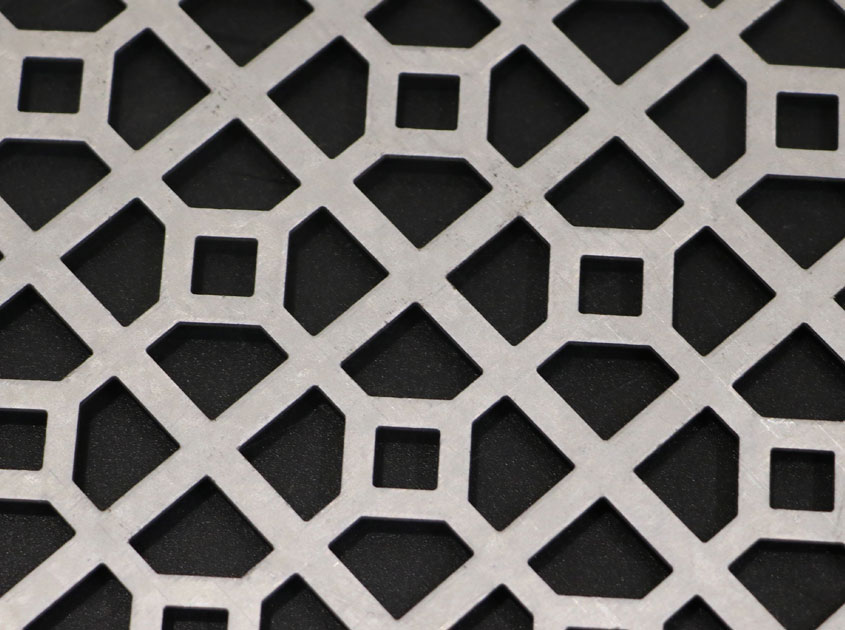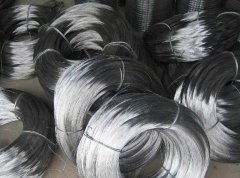Galvanized wire mesh and stainless steel wire mesh are two popular options known for their durability and corrosion resistance. In this article, we will compare the corrosion resistance of galvanized wire mesh and stainless steel wire mesh to understand their respective benefits and limitations in different scenarios.
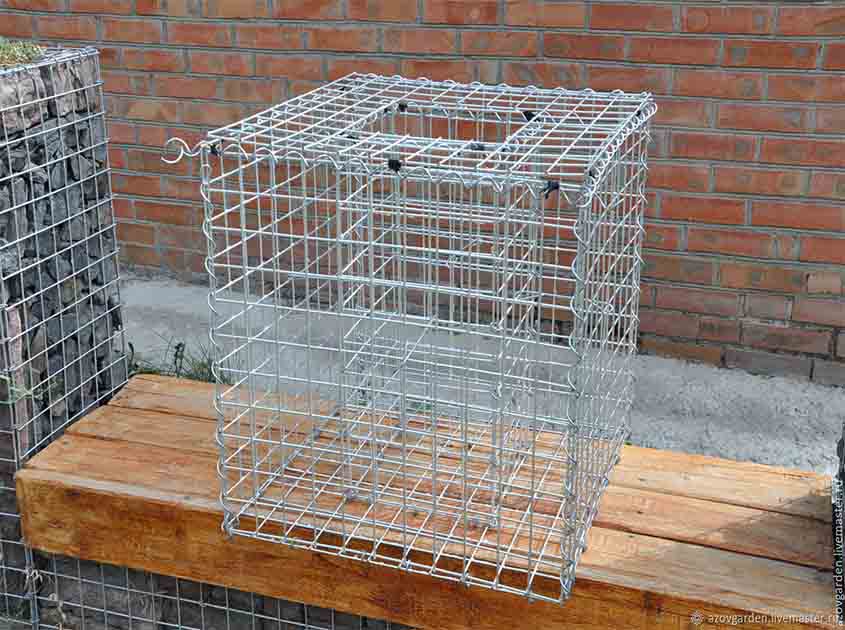
Galvanized Wire Mesh:
Galvanized wire mesh is made by coating the base metal, typically carbon steel, with a layer of zinc. This galvanization process forms a protective barrier that prevents the underlying steel from being directly exposed to corrosive elements. Galvanized wire mesh offers excellent corrosion resistance, particularly in moderate to low corrosive environments. It is commonly used in applications such as agricultural fencing, construction, and general-purpose enclosures.
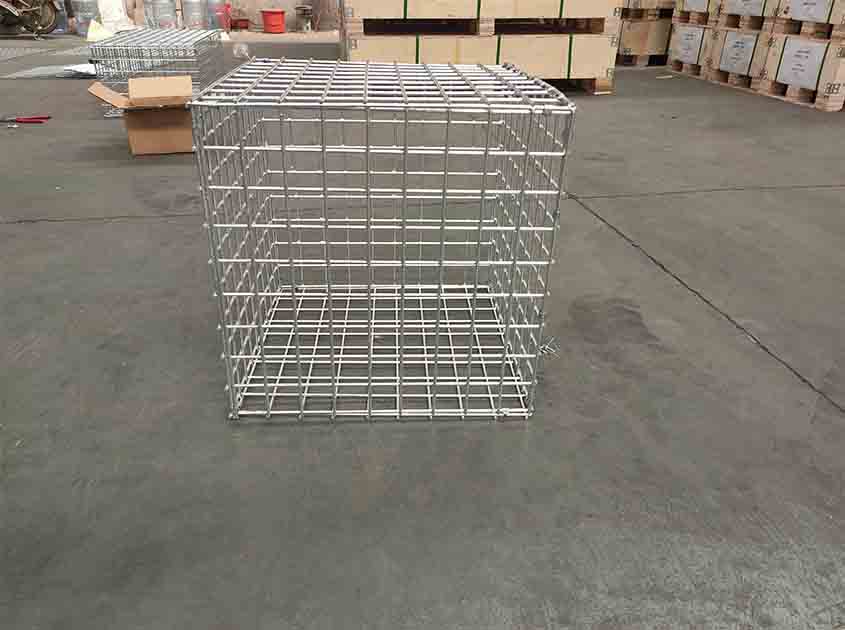
Stainless Steel Wire Mesh:
Stainless steel wire mesh is composed of alloyed steel containing chromium, which forms a thin, transparent, and self-repairing oxide layer on its surface known as a passive film. This passive film provides exceptional corrosion resistance, even in highly corrosive environments, including exposure to saltwater, acids, and extreme temperatures. Stainless steel wire mesh is widely used in industries such as marine, chemical processing, food processing, and architectural applications where superior corrosion resistance is paramount.
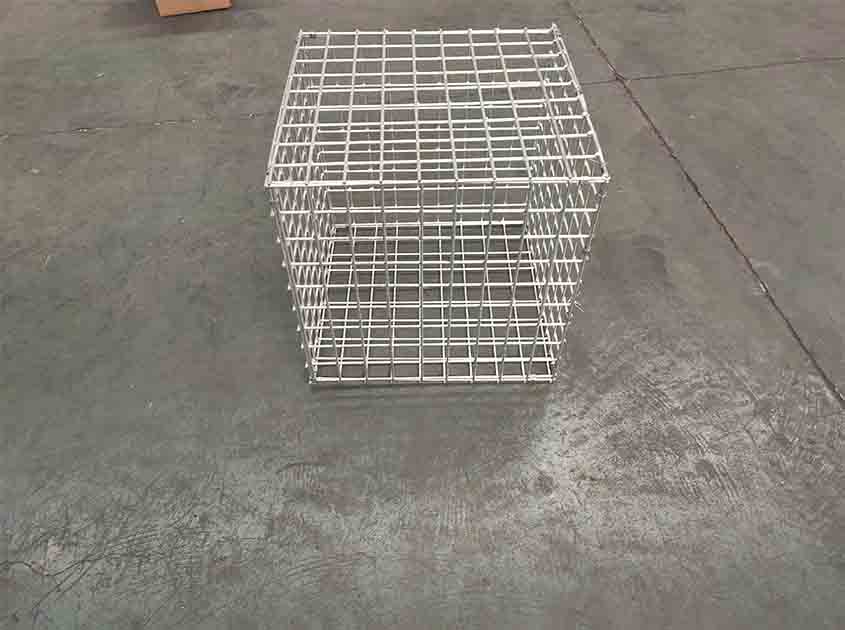
Corrosion Resistance Comparison:
a. Environmental Factors:
Galvanized wire mesh is suitable for applications in moderate to low corrosive environments, such as rural or suburban areas. It can withstand exposure to rain, humidity, and atmospheric moisture without significant corrosion. However, galvanized wire mesh may not be suitable for highly corrosive environments, including coastal or industrial areas, where saltwater, chemicals, or pollutants are prevalent.


.jpg)




.png)






































